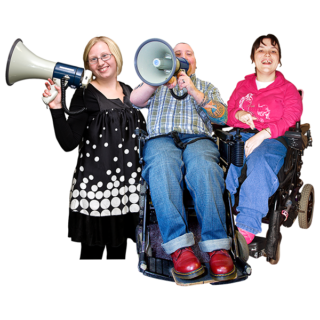
Learning Disability England is standing with the Stop People Dying Too Young group along with the British Institute of Human Rights, Inclusion North and Difference NE to send an Open Letter to the Ministerial Oversight Group on DNACPR.

The Open Letter is asking the Ministerial Oversight Group (MOG) why they have not included people with lived experience on the Oversight Group.
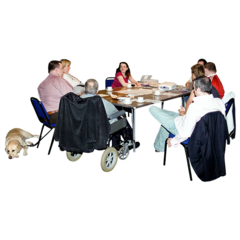
And asking them to change their Terms of Reference to include people with lived experience as equals.
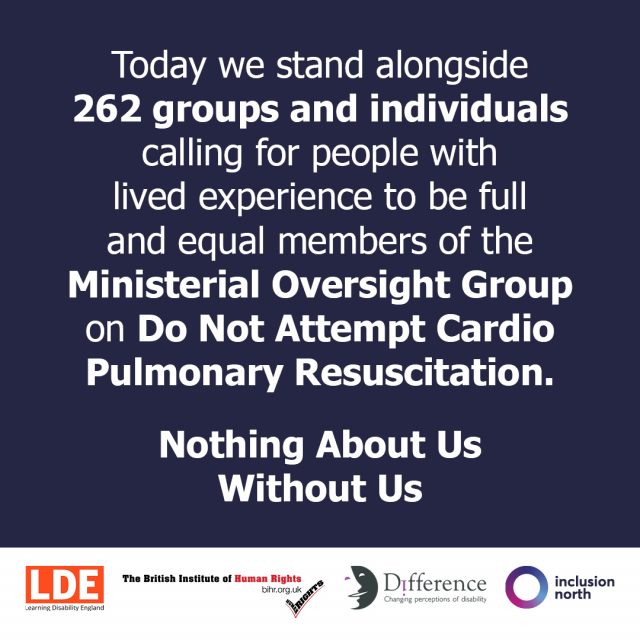
Over 260 organisations and individuals have supported the Open Letter.
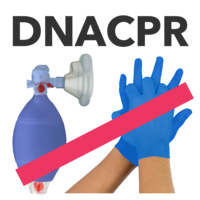
The MOG was set up to look into why some groups of people were discriminated against during Covid around how Do Not Resuscitate was used.

And to act on the recommendations of the Care Quality Commission’s inquiry.
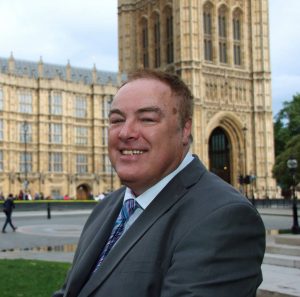
Gary Bourlet, Membership and Engagement Lead, has written a blog to share his thoughts about the importance of involving people with lived experience:

People with learning disabilities are dying too young.
Some deaths are happening when decisions around Do Not Attempt Resuscitation (DNAR) are being made on our behalf, without our consent.

Self-advocates and family carers need to work together as a group to stop the misuse of DNAR decisions.
We need coproduction, with representation from the interests of people with learning disabilities, people with autism, and their families as they are the ones who will be affected by this.
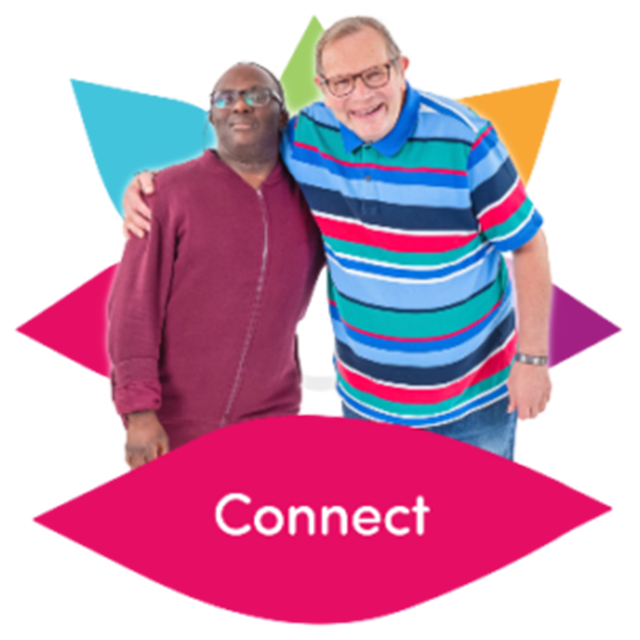
We need to join with other groups representing older people and people with dementia, all speaking from lived experience.
People with lived experience bring skills and knowledge that other people do not bring.
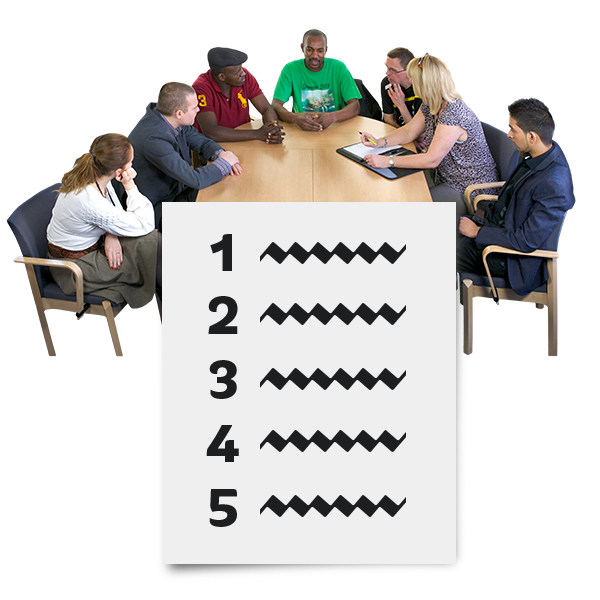
Together we have a wealth of experience of working at a high level on a huge range of health and social care issues, as well as around people’s rights and having a voice.

We are the experts on the reasons why some groups of people were discriminated against during Covid around how DNAR decisions were misused.
We are at the heart of what is going on and it affects us directly.

For example, 82% of people with a learning disability who died of Covid had a Do Not Resuscitate decision, but only 69% of these Do Not Resuscitate decisions were done correctly.
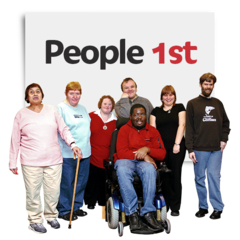
For too long, people with lived experience who are most affected by health inequalities have had little or no influence.
We want rights, dignity, respect, and to be listened to.
We say nothing about us without us, because we need to be in control of our own lives.
